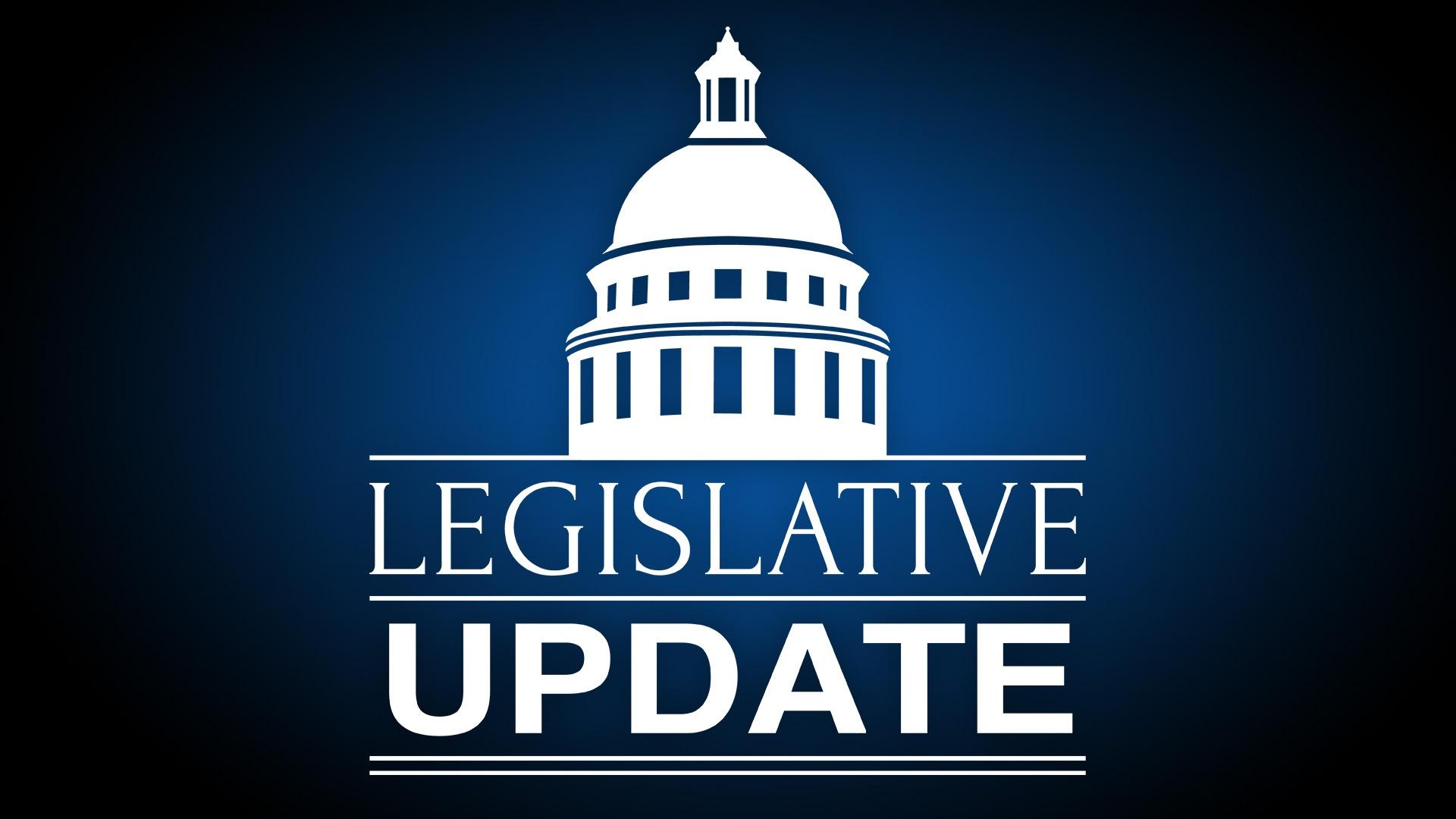When Old Becomes New: The Reemergence of Requests for Disclosure
In 2021, the Texas Legislature implemented Rule 194 of the Texas Rules of Civil Procedure, which required the automatic disclosure of certain pieces of information. Despite this major change being implemented just over two years ago, the 2023 session of the Texas Legislature provides yet another overhaul to the discovery rules with the passing of House Bill 2850. This bill adds a new “Title 6. Civil Procedure” to the Texas Family Code, which governs discovery rules for all Family Law cases.
Now, Initial Disclosures are no longer required for all family law cases filed as of September 1, 2023. Instead of a required exchange of certain information, these “new” discovery rules under Chapter 301 of the Texas Family Code actually bring about the reemergence of the “old” discovery rules regarding disclosures. Specifically, Texas Family Code § 301.051 has reimplemented the “Request for Disclosure” which was previously replaced by the Required Initial Disclosures under Rule 194 of the Texas Rules of Civil Procedure. Rather than disclosures being automatically triggered by the opposing party’s first appearance in a case, section 301.051 of the Texas Family Code states that a party may obtain information from another party by serving a Request for Disclosure no later than 30 days prior to the close of the discovery period. According to Texas Family Code § 301.052, this Request for Disclosure may include a request for the names of the parties to the action, the name of potential parties, legal theories, names of witnesses, information about expert witnesses, and more.
Like other responses to requests for discovery, the responding party must serve a written response on the requesting party no later than the 30th day after the Request for Disclosure is served. However, if the Request for Disclosure is served on a party before that party’s answer to the lawsuit is due, then the responding party shall not be required to respond until the 50th day after the request is served.
However, it is important to note that despite the end of Required Initial Disclosures, many counties have their own local rules which may require the exchange of certain information such as tax returns, financial information statements, paystubs, etc. As such, it is important to review your county’s local rules to determine whether any information is required to be exchanged regardless of whether either party makes a Request for Disclosure. For example, the Collin County Standing Order requires parties to provide certain financial information in any Suit Affecting the Parent-Child Relationship (such as a parent’s net resources and the child’s insurance information) within 30 days of a party’s appearance in the case, or before any Temporary Orders hearing in the case.
These “new” rules in Title 6 of the Texas Family Code also do away with the requirement of designating testifying experts under Rule 195 of the Texas Rules of Civil Procedure. Instead, section 301.102 of the Texas Family Code requires a responding party to provide information regarding testifying expert witnesses by the latest of the following: 1)the 30th day after the date the request is served; 2) the 90th day before the end of the discovery period for parties seeking affirmative relief; or 3) or the 60th day before the end of the discovery period for defensive experts.
However, it remains unclear whether the rules for Pretrial Disclosures still apply to Family Law cases, since the Supreme Court of Texas has not yet amended the Texas Rules of Civil Procedure to explicitly exclude Family Law cases from the discovery rules therein. This is further complicated by the fact that the new Title to the Family Code references some sections of Texas Rules of Civil Procedure which are still applicable to Family Law cases.

















